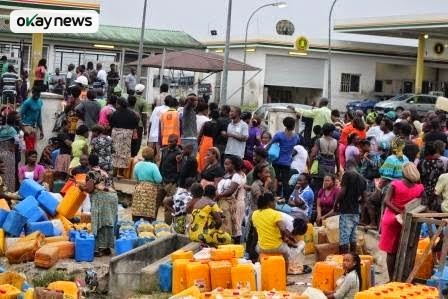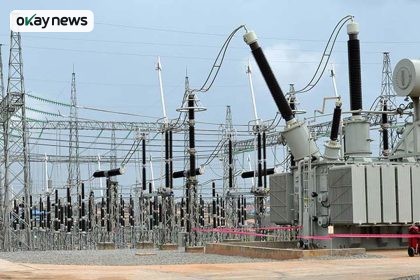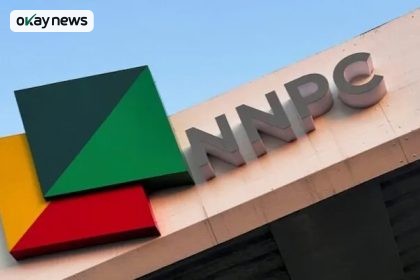The Nigerian Midstream and Downstream Petroleum Regulatory Authority has called on Nigerians to remain calm amid reports of localized fuel scarcity, urging citizens to refrain from panic buying of petroleum products. The agency assured that there is “adequate supply of petroleum products in the country, within the acceptable national sufficiency threshold during this peak demand period,” emphasizing stability across the fuel market.
In a statement dated November 12, signed by the Director of the Public Affairs Department, George Ene-Ita, the regulator highlighted that the country enjoys a “robust domestic supply of petroleum products including Automotive Gas Oil, Premium Motor Spirit, and Liquefied Petroleum Gas sourced from both local refineries and importation to ensure timely replenishment of stocks at storage depots and retail stations during this period.”
okay News reports that the authority further cautioned Nigerians against hoarding or engaging in any “non-market reflective escalation of prices of petroleum products,” noting that such behaviors are unnecessary given the current levels of supply. The statement also clarified that “the implementation of the 15 percent ad-valorem import duty on imported Premium Motor Spirit and Diesel is no longer in view,” a move intended to relieve market pressures and stabilize pump prices.
The regulator reassured the public of its ongoing oversight role, stating that it “will continue to closely monitor the supply situation and take appropriate regulatory measures to prevent disruption of supply and distribution of petroleum products across the country, especially during this peak demand period.” The authority concluded by commending stakeholders in the sector for their cooperation and reaffirmed NMDPRA’s “commitment to guarantee energy security.”
Recent data from the Organisation of Petroleum Exporting Countries’ Monthly Oil Market Report indicates that Nigeria’s average crude oil production rose slightly to 1.401 million barrels per day in October 2025, up from 1.39 million barrels per day in September. However, the output remains below the country’s OPEC-assigned quota of about 1.5 million barrels per day, marking the third consecutive month of underproduction.







